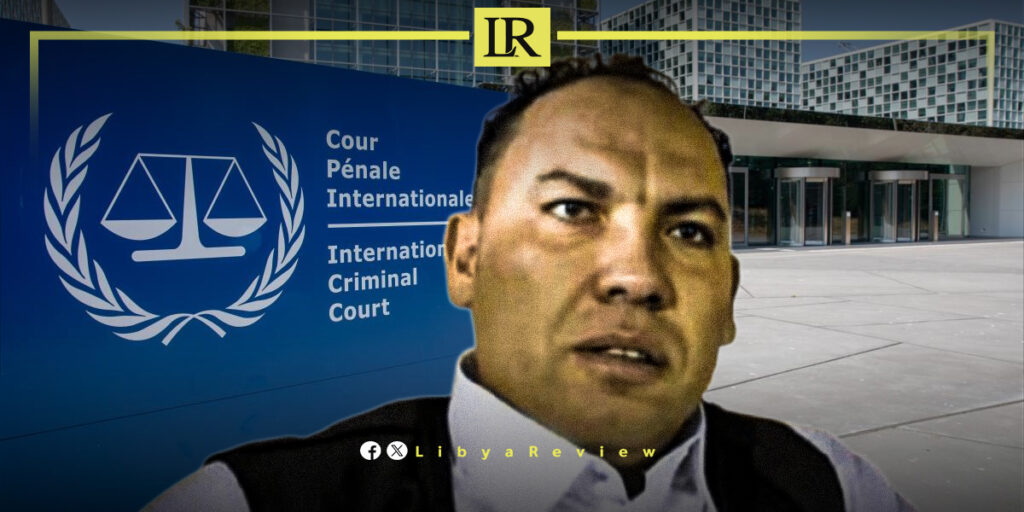Italian Foreign Minister Antonio Tajani stated on Wednesday evening that the government emerged stronger following the parliamentary briefing by Justice Minister Carlo Nordio and Interior Minister Matteo Piantedosi regarding the release of Libyan judicial police commander Osama Njim. This comes despite an arrest warrant issued against him by the International Criminal Court (ICC).
Speaking in an interview with Tg4, Tajani criticised certain judges for allegedly exploiting the case. “It seems to me that the government acted in the national interest, ensuring security and adherence to the law, despite opposition claims and the noise during the briefing,” he said, as reported by Reuters, AFP, and Italy’s AKI news agency.
Earlier on Wednesday, the Italian government accused the ICC of issuing a flawed arrest warrant against Njim, which it claimed forced his release and deportation to Libya. This move led to a legal complaint being filed against Prime Minister Giorgia Meloni before a specialised tribunal.
During the parliamentary session, the Meloni government argued that the ICC’s warrant for Njim was incomplete. Justice Minister Nordio told the Chamber of Deputies that the warrant, issued after Italian authorities arrested Njim in Turin in January, contained “inaccuracies, inconsistencies, and contradictory conclusions.”
Nordio highlighted a key issue regarding the timeline of the alleged crimes. “The warrant states the offences began in March 2015, yet the preamble refers to February 2011, when [former Libyan leader Muammar] Gaddafi was still in power,” he noted.
Citing these discrepancies, Nordio defended the government’s decision, saying that any further action on his part would have been “inappropriate and hasty.” He also pointed to structural and linguistic issues in the ICC document, which was written in English with excerpts in Arabic, complicating its execution under Italian law.
Njim was arrested on 19 January and deported to Tripoli aboard an Italian Air Force plane two days later. His release sparked intense political debate in Italy, culminating in a formal legal complaint against Meloni.
Interior Minister Piantedosi, also addressing parliament, justified Njmim’s deportation by citing security concerns. He dismissed opposition allegations that Njim had cooperated with Italy on migration control or that external pressures influenced Rome’s decision to release him.
The controversy surrounding Njmim’s deportation continues to fuel political tensions, with legal and diplomatic repercussions expected in the coming weeks.


